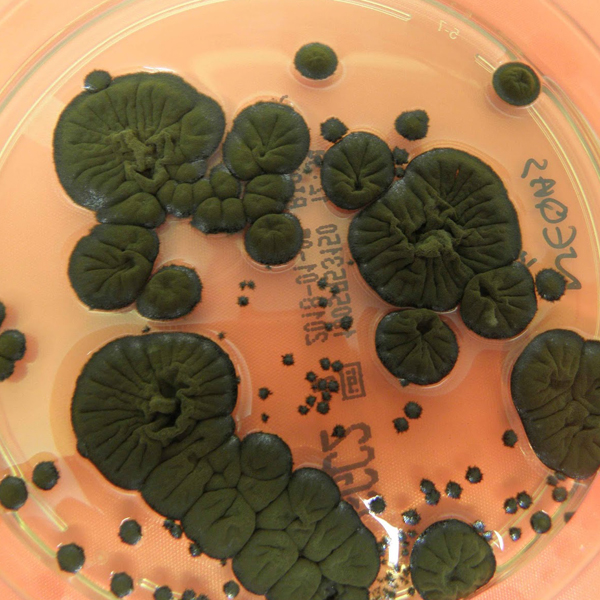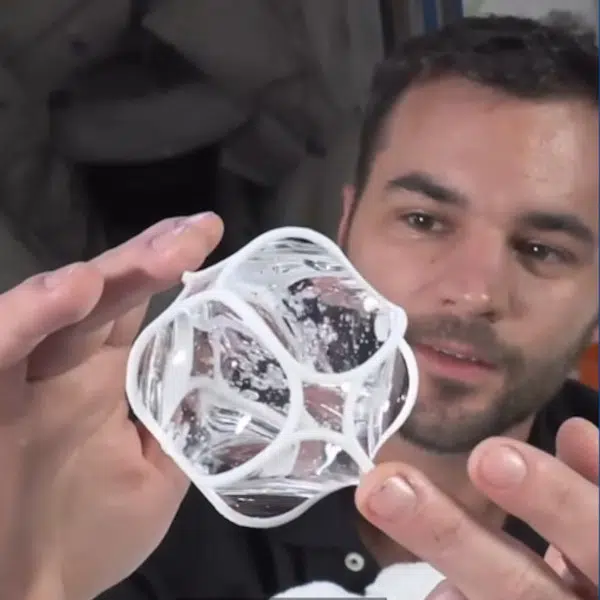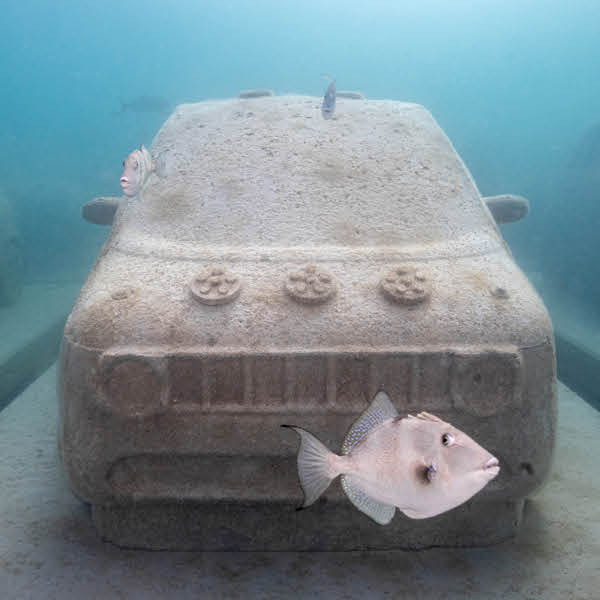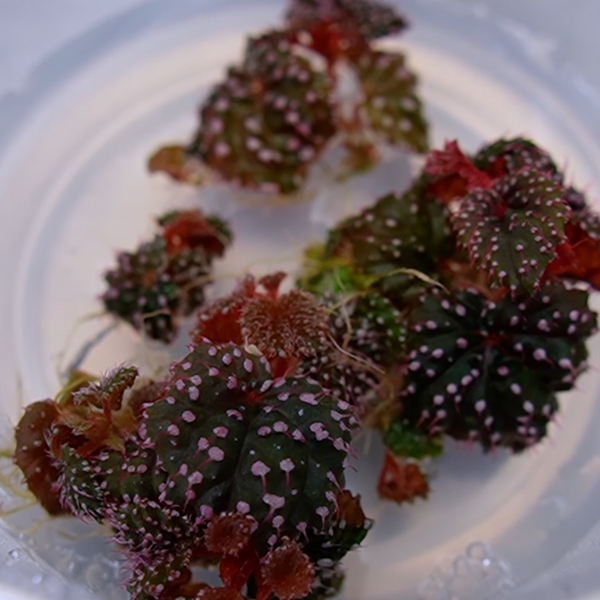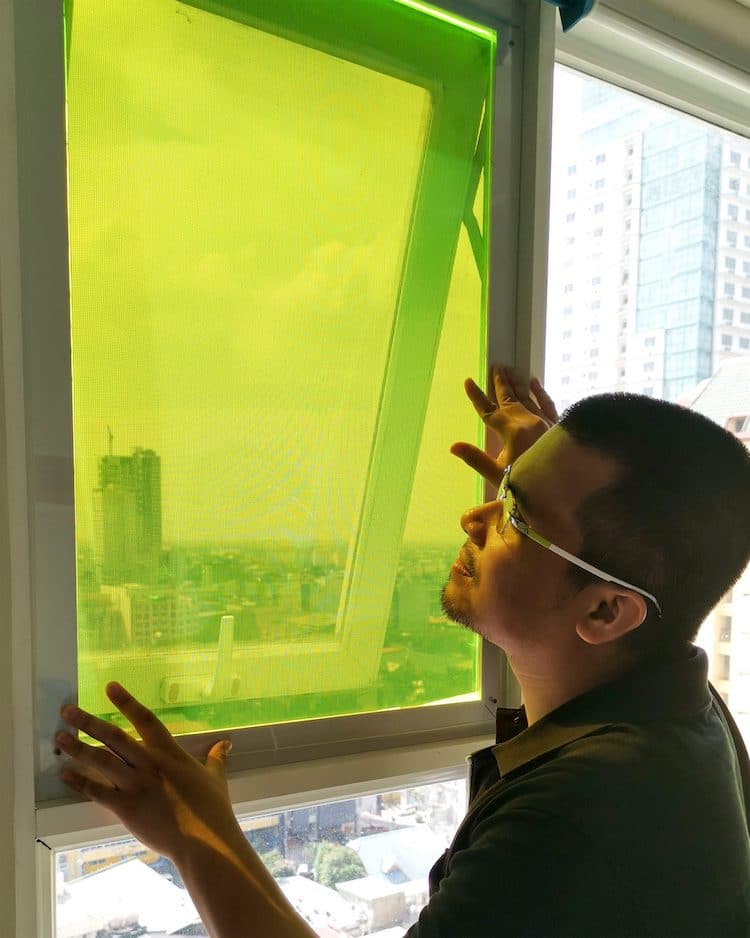
Solar energy is on the rise, but there's one main obstacle with this power source. Mapua University student Carvey Ehren Maigue has created a solar panel that solves this common efficiency issue facing the renewable resource. So what is it that skeptics of solar energy point to? Its dependency on ideal sunny conditions. Luckily, Maigue’s AuREUS system is designed to continue harvesting light even during cloudy weather. This added ability means the new panels can produce energy almost half of the time, whereas current panels only produce 15-25% of the time.
Maigue realized that his system could work in the same way as the Northern Lights, which greatly inspired him. (In fact, the name AuREUS is derived from “aurora borealis.”) He describes that in the naturally occurring version, “high energy particles are absorbed by luminescent particles that re-emit them as visible light.” In his artificial version—the solar panel—Maigue retrieved the luminescent particles found in some food waste and trapped them in a resin substrate. When these particles are hit by UV light, they absorb and reflect light. The reflections of visible light are concentrated to the edges of the panels, where PV cells capture them to convert to DC electricity. This is the core idea behind both systems of AuREUS: the Borealis Solar Window and Astralis Solar Wall.
The actual retrieval of these bioluminescent particles occurs through a process of crushing the fruits and vegetables and continually straining the resulting mixture. Interestingly, though this resource hopes to combat global warming, the food waste used in production is actually a result of climate change. As the Philippines suffer from shifting weather, millions of hectares of vegetation have been damaged and resulted in fruits and vegetables unfit for human consumption. This is where Maigue found a resource for his invention.

The AuREUS panel is approximately three feet tall and two feet wide, making it an ideal system for building facades. Maigue is hopeful that this means his system can help buildings become inherently sustainable while allowing architecture and design to still work the same. He notes that the production process is flexible, and thus there is a lot of room for experimentation.
“We can create curved panels, more intricate shapes for the walls, or the design they want without suffering lesser efficiency,” Maigue says. He points to the Montreal Convention Center as an example of the beautiful yet functional possibilities for these colorful panels. “In this way, we can show people that adapting sustainability to fight climate change is something that can benefit both the present and the future generation and in doing so, we can rally more people in this fight against climate change.”
Even greater news: the AuREUS system was recently granted the first-ever James Dyson Sustainability Award, which will allow it to expand production. You can read even more about AuREUS and the 2020 James Dyson Awards on their website.
Mapua University student Carvey Ehren Maigue has created a solar panel AuREUS system can continue to harvest light even during cloudy weather.
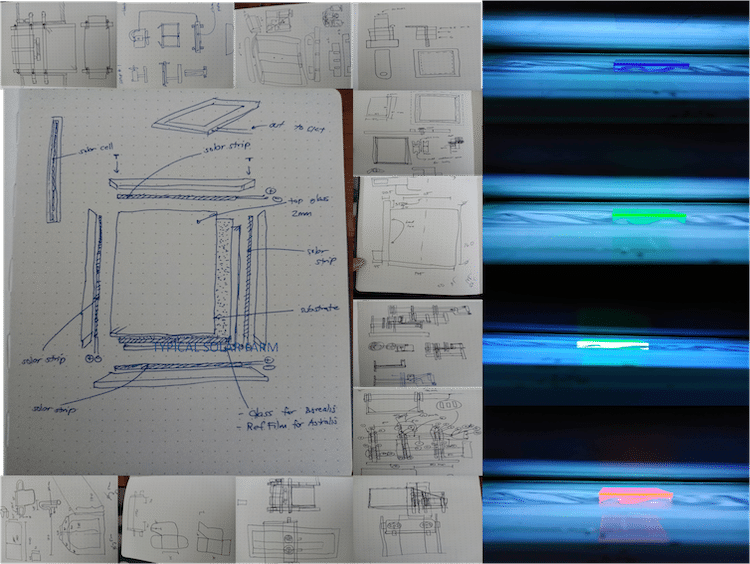
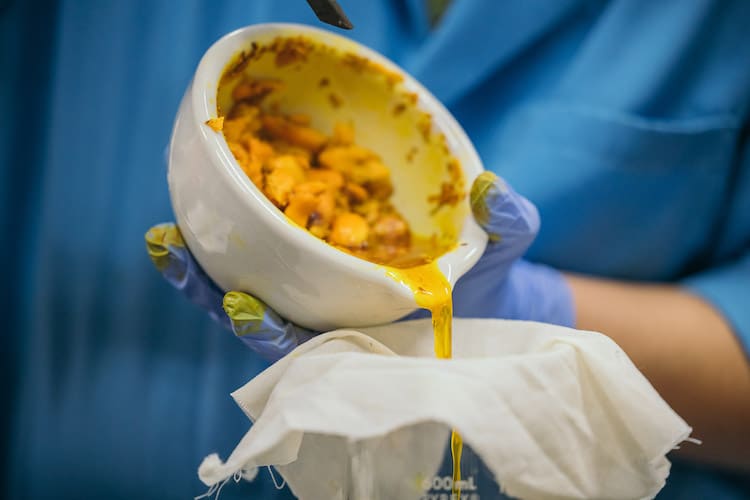
This added ability means the new panels can produce energy almost half of the time, whereas current panels only produce 15-25% of the time.
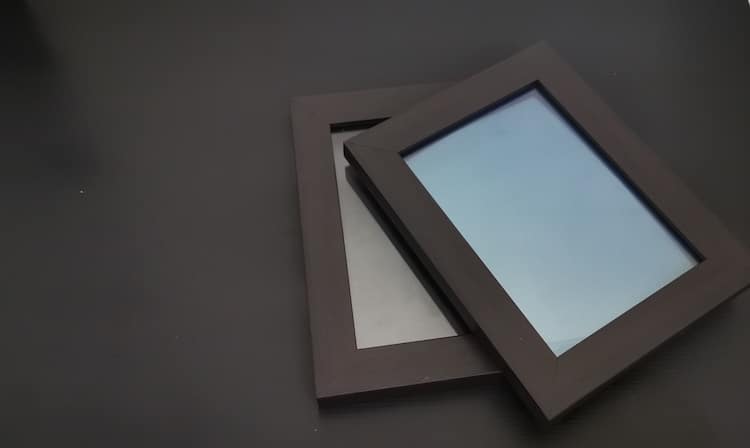
Maigue points to the Montreal Convention Center as an example of the beautiful yet functional possibilities for these colorful panels.

Maigue's AuREUS system was recently granted the first-ever James Dyson Sustainability Award, which will allow it to expand production.
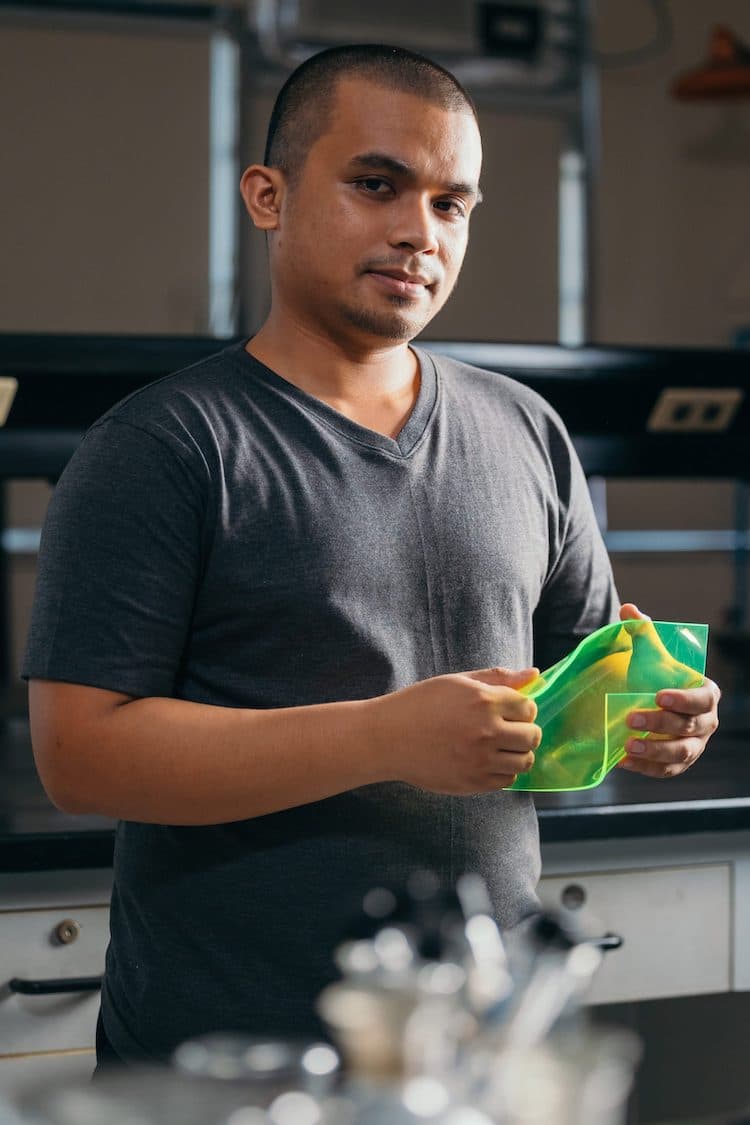
AuREUS System: Website
James Dyson Awards: Website | Facebook | Instagram
h/t: [Fast Company, Dezeen]
All images via James Dyson Awards and Carvey Ehren Maigue.
Related Articles:
The IEA Announces Solar Power Is Now the Cheapest Form of Energy
Canada Will Ban Plastic Bags, Straws, Cutlery, and Other Single-Use Plastics Starting in 2021
Arkansas School Installs Solar Panels to Save Millions On Energy and Pay Teachers More

















































































